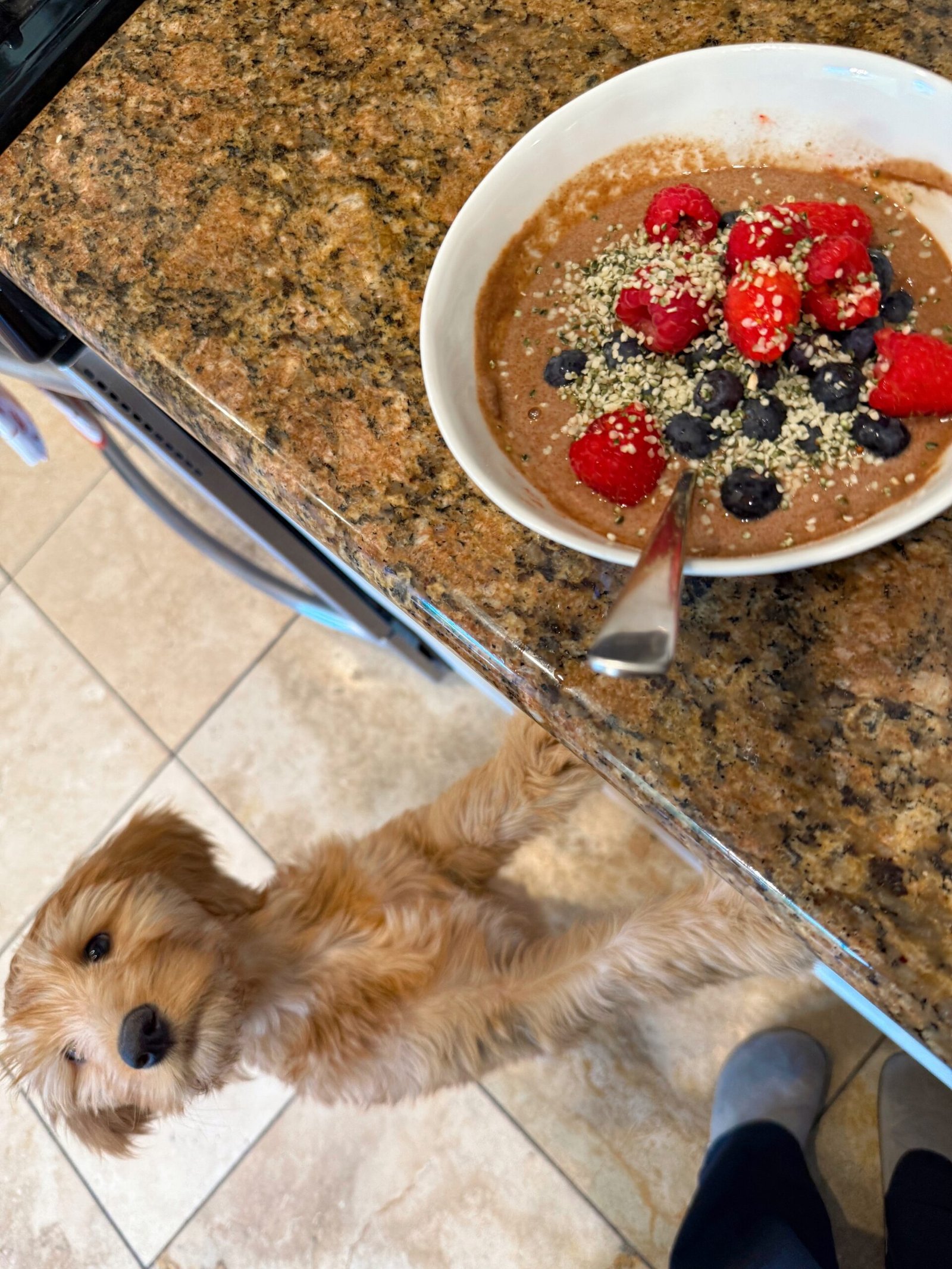Weight loss is a common goal for many, but with the plethora of diets available, finding one that truly works can be overwhelming. In this guide, we will explore ten diet plans that have shown effective results, backed by research and testimonials.
Thank you for reading this post, don't forget to subscribe!1. Mediterranean Diet
The Mediterranean Diet emphasizes whole foods, healthy fats, and lean meats. This diet is rich in fruits, vegetables, whole grains, nuts, and olive oil.
- Benefits: Reduces risk of heart disease, promotes brain health, and encourages sustainable weight loss.
- Focus: Incorporate more plant-based foods and use olive oil as the primary fat source.
2. Keto Diet
The Ketogenic (Keto) Diet is a low-carb, high-fat diet that transitions the body into ketosis, where fat becomes the main energy source.
- Benefits: Rapid weight loss, reduced hunger levels, and improved blood sugar control.
- Focus: Limit carbohydrate intake and increase healthy fat consumption.
3. Paleo Diet
The Paleo Diet encourages eating like our ancestors, focusing on whole foods: meat, fish, fruits, vegetables, nuts, and seeds while avoiding processed foods.
- Benefits: Promotes weight loss, improves energy, and enhances overall health.
- Focus: Hunt, gather, and eat foods that are minimally processed.
4. Intermittent Fasting
Intermittent Fasting involves cycling between periods of eating and fasting. This method can be tailored to fit various lifestyles.
- Benefits: Simplifies meal planning and has been shown to aid weight loss and metabolic health.
- Focus: Common methods include 16/8 (fast for 16 hours, eat within an 8-hour window) or the 5:2 diet (normal eating for five days, restricted calories for two).
5. DASH Diet
The Dietary Approaches to Stop Hypertension (DASH) focuses primarily on reducing blood pressure but is also effective for weight loss.
- Benefits: Improves heart health and encourages a balanced intake of nutrients.
- Focus: High in fruits, vegetables, whole grains, and low-fat dairy while being low in sodium.
6. Flexitarian Diet
A Flexitarian Diet is primarily vegetarian but includes meat and other animal products in moderation.
- Benefits: Encourages nutrient-rich foods and is flexible enough to suit various preferences.
- Focus: Incorporate more plant-based meals and balance with occasional meat consumption.
7. Whole30
The Whole30 program is a 30-day clean-eating challenge that eliminates sugar, grains, dairy, and legumes.
- Benefits: Can lead to significant weight loss and helps eliminate unhealthy cravings.
- Focus: Eat whole, unprocessed foods for 30 days to reset your eating habits.
8. WW (Weight Watchers)
WW is based on a point system that encourages balanced eating and making healthier choices.
- Benefits: Offers flexibility and support with a community aspect for motivation.
- Focus: Emphasizes portion control and encourages a variety of foods.
9. Plant-Based Diet
A Plant-Based Diet focuses primarily on foods derived from plants but can include different levels of animal products.
- Benefits: Rich in nutrients and can lead to weight loss and improved health outcomes.
- Focus: Fruits, vegetables, whole grains, nuts, and seeds are the foundation.
10. Low-FODMAP Diet
This diet is designed to alleviate digestive issues but may also promote weight loss by reducing bloating and improving gut health.
- Benefits: Reduces symptoms of IBS (Irritable Bowel Syndrome) and aids in weight management.
- Focus: Limit foods high in fermentable oligosaccharides, disaccharides, monosaccharides, and polyols.
Conclusion
Choosing the right diet plan for weight loss can be a game-changer in your journey to better health. Each of the ten diets discussed has its unique benefits and approaches, catering to various lifestyles and preferences. The key to successful weight loss lies in consistency, patience, and finding a diet that suits you personally. Remember to consult with a healthcare provider before starting any new diet plan to ensure it aligns with your health goals.
FAQs
1. How do I choose the right diet for me?
Consider your lifestyle, preferences, and any health conditions you may have. It’s advisable to consult with a healthcare professional for personalized advice.
2. Can I lose weight without dieting?
Yes, weight loss can also be achieved by implementing healthy lifestyle changes, including regular physical activity and portion control.
3. What is the best diet for long-term weight maintenance?
A balanced diet that incorporates a variety of food groups is often recommended for long-term maintenance. Sustainable changes are crucial for lasting results.
4. Are there any side effects to these diets?
Some diets may have side effects, especially if not followed correctly. It’s essential to understand the diet plan and consult with a healthcare provider if you have concerns.
5. How quickly can I expect to see results?
Results vary by individual and diet. Consistent effort and adherence to the chosen plan are essential for achieving and maintaining weight loss results.
















